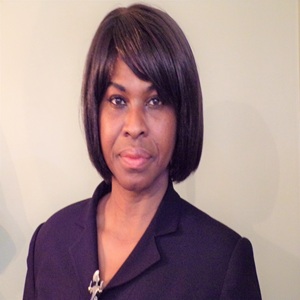Abstract Detail

Nonye Tochi Aghanya
United States
Abstract
In the twilight of the twenty-first century, as singularity draws near, we have witnessed the rise of digitization and digitalization in the healthcare sector. However, the recent global pandemic and ensuing social distancing, coupled with fear of the virus resulted in an increased utilization of the virtual healthcare system. A type of digital innovation, it has shown to be a much-needed manner of care delivery in the pandemic era and from 11% in 2019 to 76% in 2020, the use of virtual healthcare technology has increasingly surged and continues to surge with each ensuing year till date. The expanded use of audio, video, and other electronic communications to allow patients to connect with their doctors has offered much-needed relief from the stress of pandemic care demands on healthcare practitioners with a wider reach for digital health innovations including the use of wearable devices, mobile health apps, health information systems etc. However, while these technological advancements are impressive, they are insufficient to address the unique exploratory holistic approach to care delivery that is required to build and maintain fruitful clinician-patient relationships. Interactions via the use of digital devices lack the transdisciplinary approach which explore the application of such disciplines as psychology and the observation of patient behavioral traits, cognitive biases, and the philosophy of language and its attempt to assist the patient to achieve healthy mental and physical balance. Patient’s distinct personalities affect their outlook and mental status. Tailoring an individual care approach is a necessity for optimal care delivery and complete reliance on digital devices may limit the practitioner’s chance of achieving the full scope of engagement for optimal care delivery. Focusing on patients’ and clinicians’ relationships, this presentation seeks to avail a systemic use of effective communication to complement digital inventions and innovations in the healthcare system for healing. Presenting material is derived from the presenter’s clinical practice experiences in diverse healthcare settings for over 30 years. This also includes her review of studies on human psychological traits, the analysis of influence of such traits on patient behaviors and applying effective communication styles to improve clinician-patient interactions and trust development in healthcare settings.
Biography
Nonye Tochi Aghanya obtained a Master of Science degree as a Family Nurse Practitioner from Pace University, New York and has worked in various outpatient/inpatient/retail clinic and home care settings. She co-owned a private practice in New Jersey for some years before joining the retail clinic healthcare setting as a Family Nurse Practitioner, a position she held for over 17 years, she currently works in the home care health setting. She’s had contact with patients of diverse groups in various healthcare settings for the past 30 years and has published many books such as “Tips for Effective Communication: A vital tool for Trust Development in Healthcare” and “Principles for Overcoming Communication Anxiety and Improving Trust”. Her most recent publication is the book THINK, COMMUNICATE & HEAL”. Her book and course contents are based on collaborative efforts with psychologists, past and current health research reports and on her numerous interactions with diverse groups of individuals in the healthcare settings for the past 30 years. She has written articles for various journals and health publications over the years and remains quite active on social media. A member of the Virginia Council of Nurse Practitioners and Certification with American Nurses Credentialing Center, Nonye is married and has 4 daughters.
